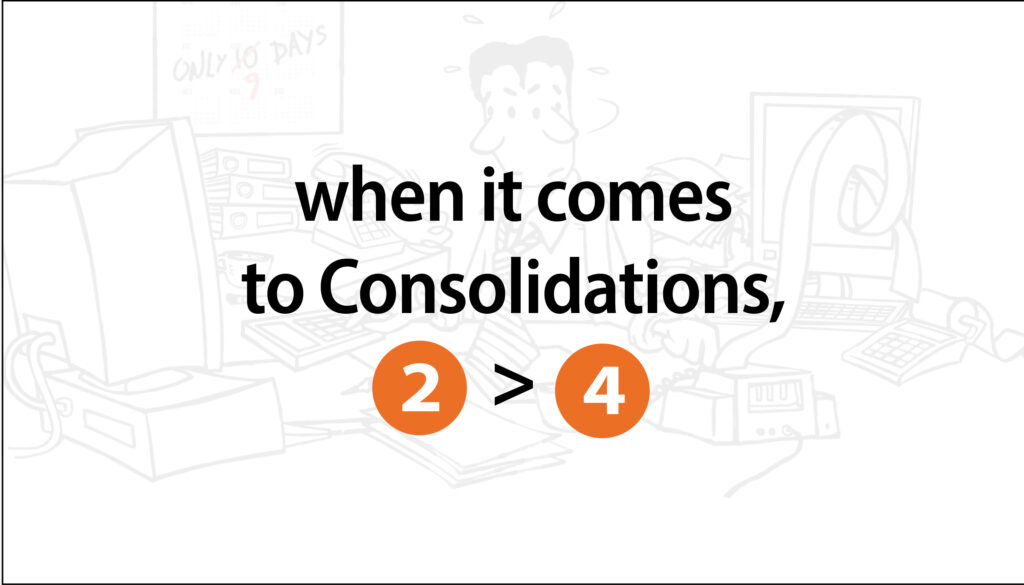When you’re closing the books, data that is two weeks old is much more valuable than data that is four weeks old. This is an issue for many companies. In particular, companies with multiple currencies, have disparate ERP and other finance systems and are heavy users of manual spreadsheets. Here are the implications of taking a long time to close.
Expired Data
Data is best served fresh. Like a new car or a loaf of bread, it starts losing its value quickly. There’s a simple way to find out if your data is fresh. Observe if people care about your data. People stop caring about it when it gets old. They will not put stock in data that is three weeks old. By then, new data is starting to become available.
Side Room Accounting
“Side room accounting” is an unintended consequence of a long close process. Groups will track their own invoices and financials because they need this information. It is a short term solution when relevant data is not available. The problem is that while they’re engaged in side room accounting, they’re not engaged in consolidations. Which leads to even more inefficiency and a longer close process.
Accountant versus Advisor
Accounting provides data. An advisor provides insights. There are two key factors that help you become an advisor with a seat at the table: fresh data and time. Having fresh data that is accurate and relevant is certainly a key factor. But where it gets its true power is with time. An efficient close process affords group finance roles the time to translate data into business insights. Fresh data has value, but having the time to make sense of the data is the true value. This allows you to provide valuable insights to senior leadership in a form they can understand and use.
Now What?
Reducing the time it takes to close is a good thing, right? It is but some people who are engaged in consolidations often worry that they won’t have anything else to do if they speed up the close. Being busy closing is a big part of what they do. For many organizations that provides a disincentive to closing more quickly. Creating an efficient close process helps teams regain control of what can be a messy process. That efficiency doesn’t make the team less valuable, it makes them more of an asset by producing more reliable data. More importantly, it allows for more time to provide insights, instead of just crunching data.
Now we know why 2 > 4, but how do we get to a two week close?
We’ve partnered with Unit4 to help show you how to close faster, so you can do more of the things you’d rather be doing. Click HERE to attend our free 30 minute webinar, How to Shorten the Close Cycle.







